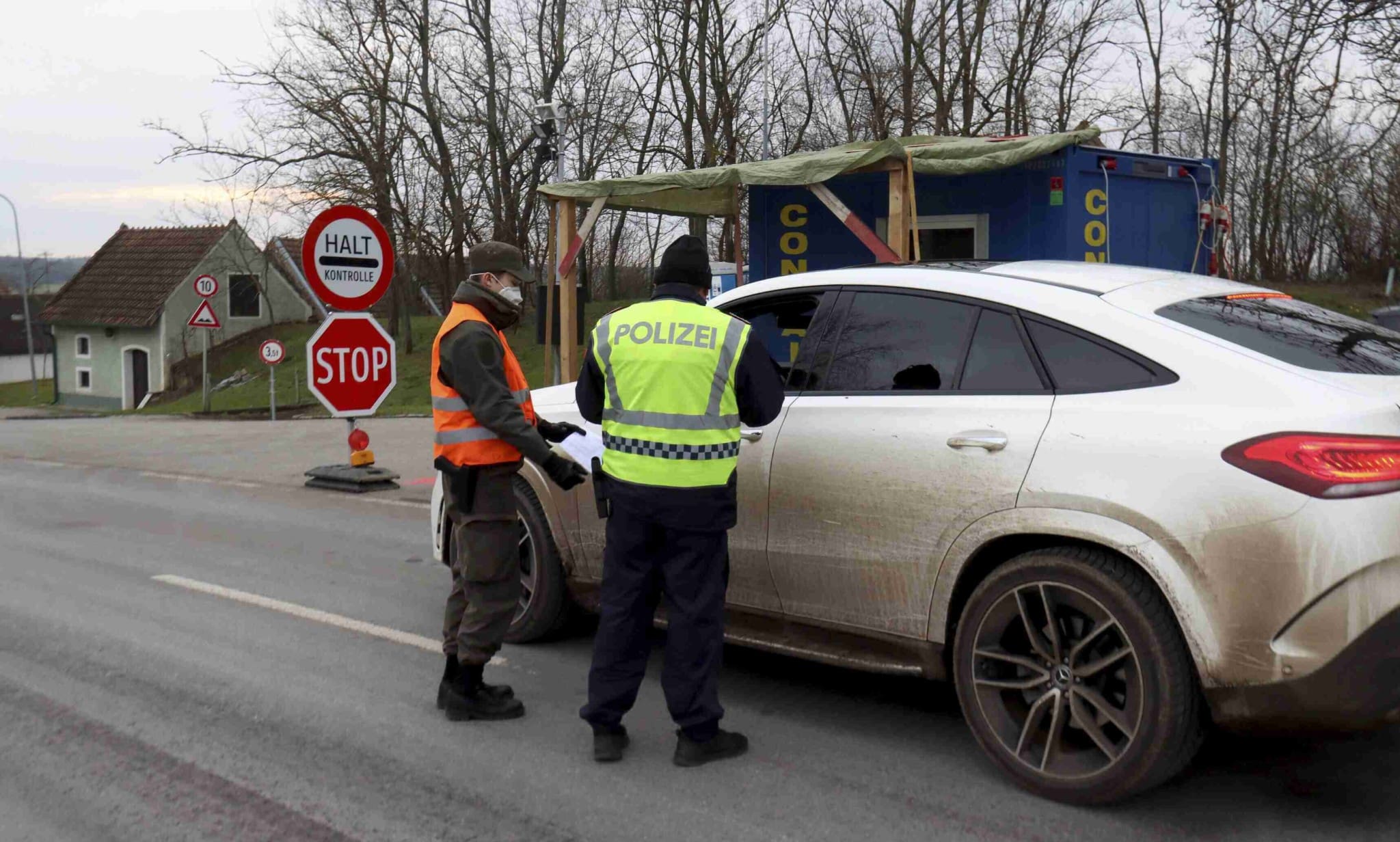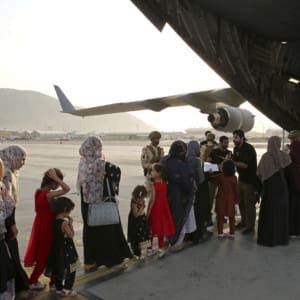If necessary, the Czech Republic would be ready to introduce border controls, said Czech Minister of the Interior Jan Hamáček in relation to illegal migration. His German counterpart, Horst Seehofer, expressed a similar opinion on Sunday. According to Prime Minister Andrej Babiš, the Czech Republic is ready to fight illegal migration.
“We are assessing the migration situation very carefully. So far, we have no information that a big wave is coming. That does not mean that the Czech Republic and the Czech police are not ready. We have prepared plans in case it would be necessary to close part of the border or reintroduce border controls,” said Interior Minister and Social Democrat chairman Hamáček to the iDNES.cz news outlet.
“The Czech Republic is ready to introduce border controls if necessary,” he noted, adding that the country is able to introduce border controls in a matter of hours.
German Interior Minister Horst Seehofer spoke on Sunday about the possible introduction of border controls as well.
“We will do everything we can to prevent the uncontrolled influx of refugees into Europe. In the case of an emergency, we will tighten control measures at our borders. Not everyone who wants to go to our country is allowed to come,” said Seehofer in an interview with Bild am Sonntag.
Babiš: We are not the destination country
Regarding migration, iDNES.cz also turned to the chairmen of other parliamentary parties.
“European states in the Schengen area, but also outside it, must not let illegal migrants come to Europe. We must fight smugglers and stop illegal migration outside Europe, mainly through agreements with Turkey and other North African countries,” said Prime Minister and the ANO movement chairman Andrej Babiš.
He added that Czechia guards its borders, has a crisis plan, and is ready for a possible migration wave.
“We are not the destination country, unlike Germany and other countries that have received these illegal migrants in the past,” he said.
“If there is a threat of an increase in illegal migration, we should certainly tighten border control and surveillance, similar to what we did under previous governments,” agreed the Christian Democrats (KDU-ČSL) chairman Marian Jurečka.
The chairwoman of the TOP 09 movement, Markéta Pekarová Adamová, then stated that, first of all, Czechia must coordinate joint action with foreign partners.
“If Germany imposes stricter border controls, it is obvious that all member states of the European Union should discuss this possibility. We are creating a united Europe, built on solidarity, joint borders, and a Christian cultural background, so we need to find a joint approach,” she said.
The Freedom and Direct Democracy (SPD) chairman Tomio Okamura reiterated that his movement pushes for more security on borders, as well as a ban on promoting “Islamic ideology,” and zero tolerance on any migration from Muslim or African countries.
The number of migrants has increased
During the past weekend alone, police officers detained 15 foreigners, mainly from the Middle East, who arrived with forged or foreign documents at the Václav Havel Airport in Prague alone.
And in general, migration has increased significantly this year compared to last year. Last year, however, borders were closed due to coronavirus, so there were fewer illegal migrants. The number began to grow again in July last year. From January this year to the end of June, the foreign police detained 5,325 people, most often citizens of Ukraine, Moldova, Afghanistan, Georgia, and Vietnam.
During transit illegal migration through the territory of the Czech Republic, a total of 515 persons were detected, 434 more than a year ago. The vast majority of them were heading to Germany.
The topic of migration resonates not only in the Czech Republic but also in Germany, perhaps more than usual, as parliamentary elections in both countries approach.
Title image: A soldier of the Austrian army and a police officer check a car after crossing the border from Czech Republic to Austria in Reinthal, Austria, Saturday, Jan. 9, 2021. (AP Photo/Ronald Zak)





